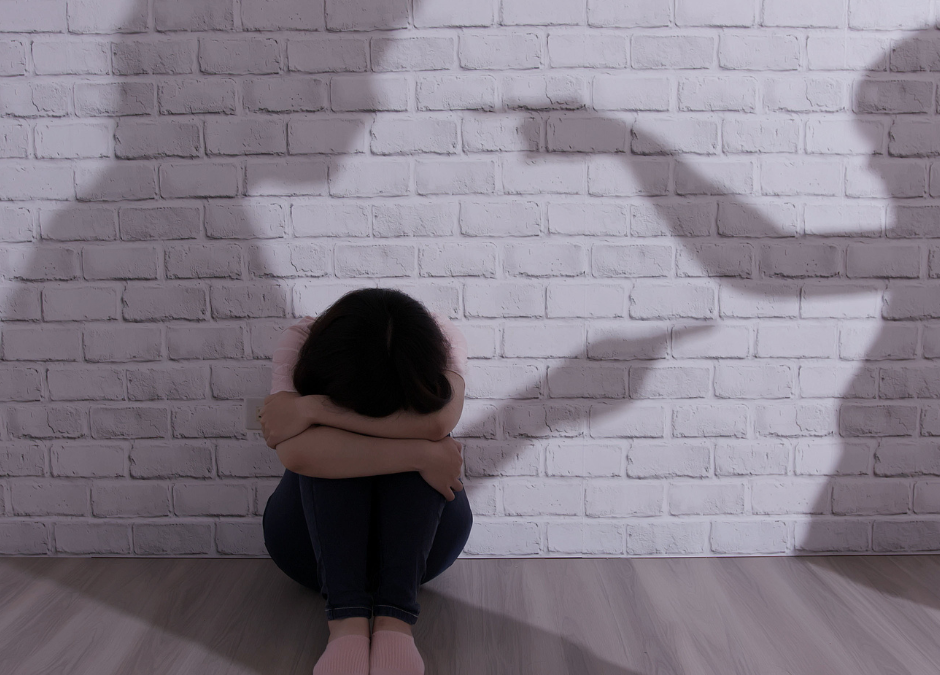There is an alarming prevalence of teen dating violence in the United States. According to the Centers for Disease Control and Prevention, one in three adolescents experience physical or sexual abuse from a partner. Unfortunately, many parents are unaware of the warning signs, or how to talk with their children about these issues. As parents, it’s important to be aware of the risks and know what to do if you think that your child may be in a dangerous situation.
Signs of Abuse
It can be difficult to recognize signs of abuse in a teen relationship because teens often don’t want their parents involved. They may also deny that there is any kind of problem at all. With that said, there are some telltale signs that something might be wrong, such as extreme jealousy or possessiveness from one partner towards another, attempts to control their partner’s behavior through manipulation or guilt-tripping tactics, and/or physical aggression such as punching walls or throwing objects. If you suspect your teen is being abused in any way, it’s important to act quickly and get them out of the situation safely.
How To Help
If you believe your child is in an abusive relationship, let them know that they are not alone and that help is available. Encourage them to talk openly about what’s going on without judgment and reinforce the idea that they have done nothing wrong. Let them know that it isn’t their fault and they deserve to be treated with respect by their significant other. It can also be helpful to research local resources like crisis centers or mental health professionals who specialize in adolescent relationships so they have somewhere safe to turn for help if necessary.
Taking Teen Dating Violence Seriously
Teen dating violence awareness is an incredibly important issue for parents across the country—and unfortunately, it’s one too many parents are unaware of until it’s too late. Educating yourself on the warning signs can help ensure your teen gets out of a dangerous situation before it escalates further. Remember that if your teen does need help getting out of an abusive relationship, there are always people who can provide support and guidance through this difficult time.

